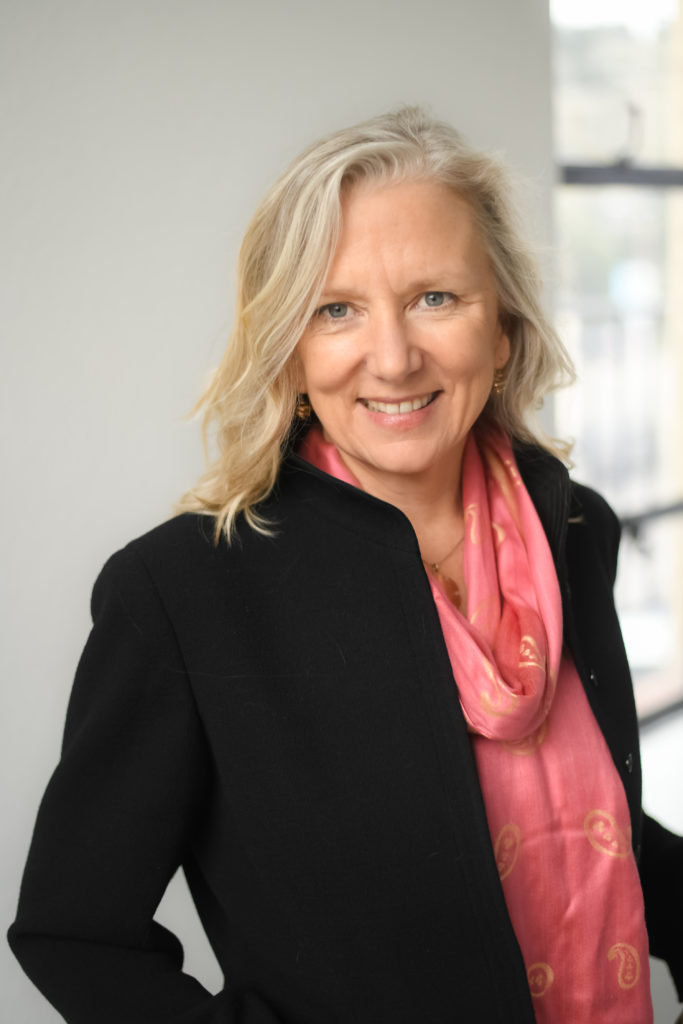Daphne Wysham is the Chief Executive Officer of Methane Action. In response to the methane emergency, she and her team at Methane Action in early 2021 campaigned for the need for a global methane agreement to curb the rapidly rising manmade and natural sources of methane, together with the need to fund the research and development of enhanced atmospheric oxidation of methane, or, in shorthand, “methane removal”. Over the course of several years, Methane Action created an ecosystem where scientists working on effective methane removal technologies could share new developments in the field, and where NGOs could strategize on how best to reduce rising atmospheric methane levels. We hosted bi-weekly online meetings with experts in the field from around the world, with membership growing. Those meetings and their ecosystem-building spawned networking where none existed before, generated peer-reviewed studies, strategic communications, and began to create a critical mass of allies working with us globally on the ambitious goal of restoring atmospheric methane to preindustrial levels.
Methane Action scientists statements calling for both a binding agreement on methane and further research into methane removal R&D were endorsed by some of the leading climate scientists; our civil society statement in support of the science of methane removal, urging action on rapid methane emissions reduction, scaling up of R&D for methane removal, and global governance of methane removal, was similarly widely supported. In late 2021, the U.S. launched the Global Methane Pledge at COP26, calling on the world’s countries to reduce their emissions by 30 percent below 2020 levels by 2030. While we welcomed the Pledge, it is non-binding and insufficient to avoid exceeding the rise in temperatures agreed to under the Paris Agreement.
Methane Action launched an NGO sign-on letter calling for a binding Global Methane Agreement during COP27 in 2022 in Sharm El Sheikh and we gathered there with other NGOs who share our goals of a binding Global Methane Agreement.
For 20 years, Daphne was a fellow at the Institute for Policy Studies (IPS) in Washington, DC, where she founded and directed their climate justice program and served on the executive committee of the board of directors. Her team’s groundbreaking research drew attention to the disproportionate ratio of fossil fuel investments by international financial institutions, the World Bank in particular, and resulted in world leaders, including former Vice President Al Gore, and members of the US House and Senate calling for reforms.
Daphne remains a fellow at the Center for Sustainable Economy (CSE) where, together with CSE’s chief economist, John Talberth, she pioneered a new policy that is forcing the polluter to pay for the risks now externalized on frontline communities, the public sector and the climate, “fossil fuel risk bonds.” Now adopted in Multnomah County, OR, and King County, WA, this policy was also incorporated into several presidential campaign platforms, and is being explored by members of Congress and other jurisdictions nationally. In 2016, she worked with others to put in place the strongest ordinance of its kind in the country, calling for an end to all new fossil fuel infrastructure in Portland, OR, and got over 40 elected officials on the West Coast to pledge to do the same.
Daphne was born and raised in India and the Pacific Northwest. A graduate of Princeton University, she serves on the board of Friends of the Earth-Nigeria, and is a co-founder of the Durban Group for Climate Justice. Some of her research and publications can be found here.
Watch Methane Action’s webinar: On the critical path to reducing peak global temperatures here with guests Congresswoman Shellie Pingree and Sir David King of Cambridge on Sept. 16, 2022
Follow her on Blue Sky Social and on LinkedIn here.
